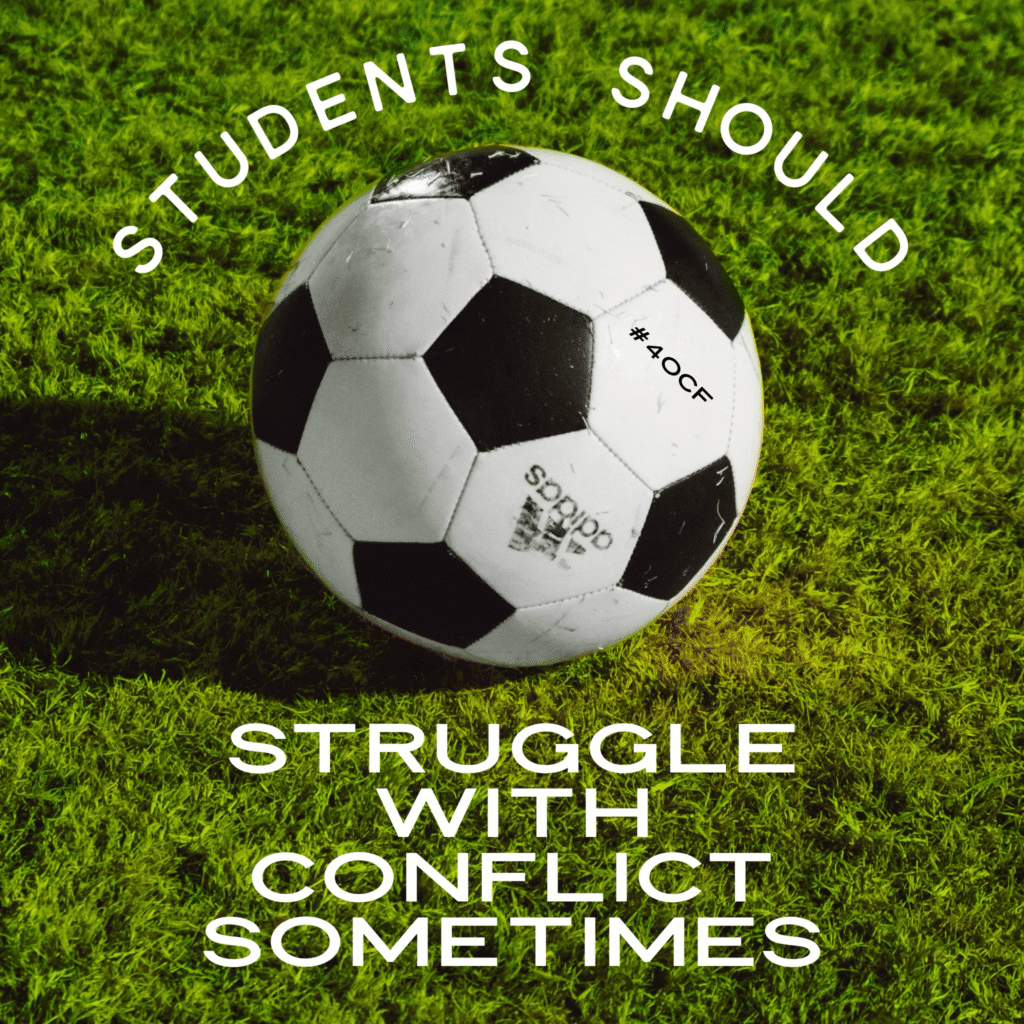I recently delved into the history of board game design. Time and again, designers explained that the game content is not the point. Games are meant to bring people together. The point is the experience. It’s really about the memories built with others when you are playing a game.
It made me realize that this is a big part of what’s missing in our schools and our larger society. I think about students engaged in games today. Students are engaged using devices at an earlier age, and much of what they do is individualized and isolated. We’ve all seen a family out to dinner, with all of the members with their heads buried in a phone, even the youngest. There’s less and less communication, collaboration, and shared experiences. We are social beings, and we are missing opportunities to be together.
I watch our students during recess, and I believe that they are lacking some of the life skills that are learned by playing games (both board games and recess games, such as kickball, wall ball, or tag), particularly those that inspire cooperation or are developed through competition. Students struggle with conflict during games. They have trouble with problem solving, and arriving at agreement. Everything’s an argument, and it often ends unresolved or worse, in a full blown shouting match, with adults intervening.
As I intervene, I always remind students that it’s not the World Cup, it’s not the Super Bowl, and no one will remember who won or lost in a week, a year, and in ten years. Games allow our students to connect, laugh, strategize, and build relationships. These interactions are essential for their well-being, but we aren’t engaging kids in enough games. I think back to when I was a kid. I would ride my bike to the baseball field and play all day. It was the same thing every day. Pick teams. Argue over the fairness of the teams. Play. Argue over calls. Play some more. Argue again. Play. Argue. And do it all again the next day.
While the argument part is consistent, adult intervention wasn’t necessary. We eventually figured it out. Students should struggle with conflict sometimes. Students should feel comfortable with ambiguity, and accept that sometimes we don’t get closure on certain things.
The point of games is the connection and experience. It’s not about the rules, winning, or losing. Somehow, as adults, we need to stop intervening and let our kids figure it out themselves. And if we do, we may have students who are better collaborators, communicators, and human beings.
Rich



